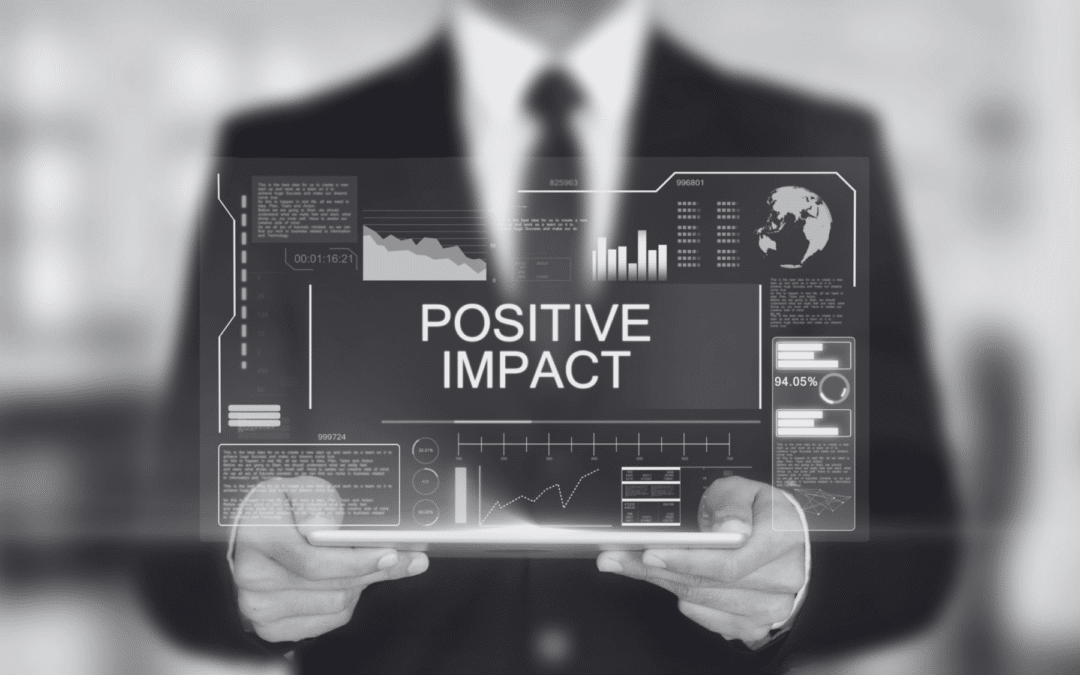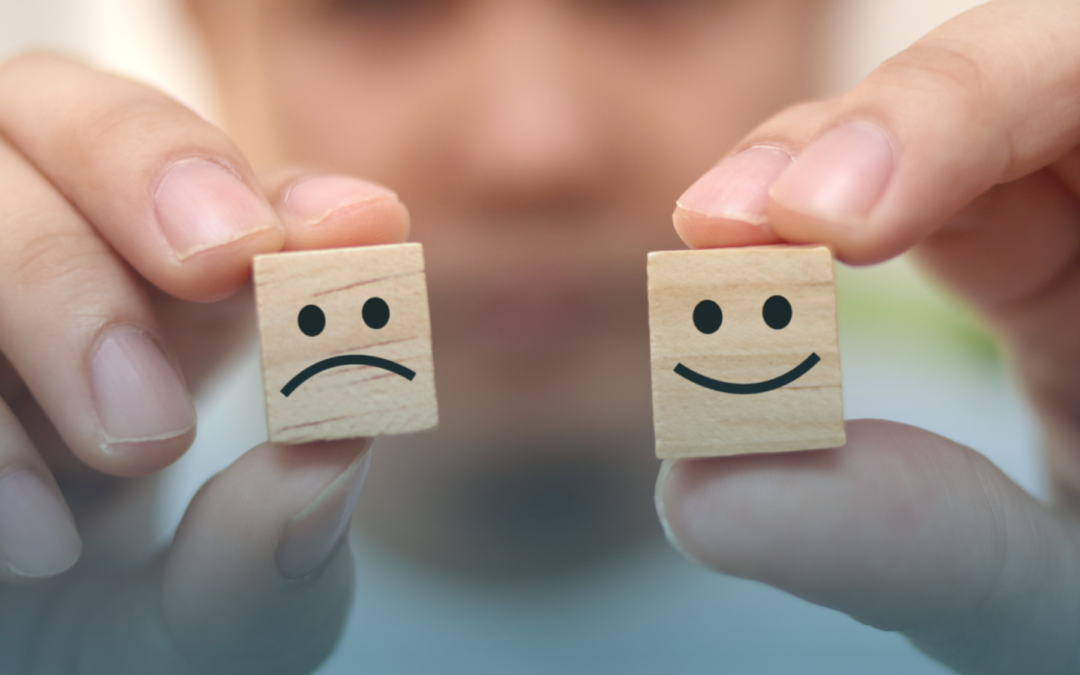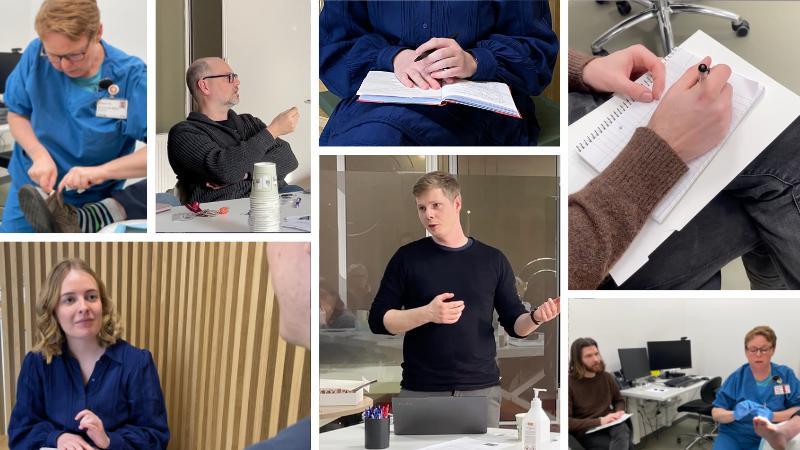
Monsenso Implements The Shape Up Method
Monsenso has moved on from Scrum and are now using The Shape Up Method. This has meant changes …. in a good way.
With Shape Up we focus on an appetite and cycles instead of focusing on sprints and estimates. Some will say same, same, but we believe there is a difference.
The appetite for a project defines the length of a cycle. This means that we work on narrowing down the problem and designing the outline of a solution that fits within the constraints of our appetite.
With this approach, time is fixed, but scope is variable. Cycles are long enough to build something meaningful start-to-finish and short enough that everyone can feel the deadline looming from the start, so the time is spent wisely.
The method consist of three major parts: Shaping, Betting and Building.
The work is shaped prior to starting a cycle. Shaping results in a Pitch, which outlines the problem and the solution, as well as no-gos and possible rabbit holes. The pitch is concrete enough that the team know what to do, yet abstract enough that there is room to work out the interesting details themselves.
Next, the pitches are brought to the Betting table, where it is decided what pitches should be worked on in the forthcoming cycle. This is the only official meeting within the Shape Up method, which is a plus according to our developing team.
“One meeting in the shape up method – the Betting Table – which means there’s no unnecessary meetings. Meetings, which would otherwise take time away from actual development.”
Then the Building begins. Here, full responsibility is given to the team. They define their own tasks, make adjustments to the scope, and work together to build vertical slices of the product one at a time.
With Shape Up, we all work towards a common goal within a cycle. The development team brings the rest of the company along for the ride, as they demo their work during the cycle. This way, every employee is updated on the work being done, and everyone has a chance to give feedback. With this, everyone gets to be a part of the process. This has brought the team closer to the product and closer together.
The results so far: the organisation has been brought closer to the product and closer together and the speed with which we are producing usable features for our customers has significantly increased. We are learning everyday and believe there is still a lot of things we can improve using Shape Up.
If this sounds like something, you want to be a part of, apply for a spot on our team as a Software Developer.
You can find the job post here.
For more information about the Shape Up method, you can check out this podcast from the company, who invented the method, 37signals.
They also have a free book on the method, which you can check out here.





